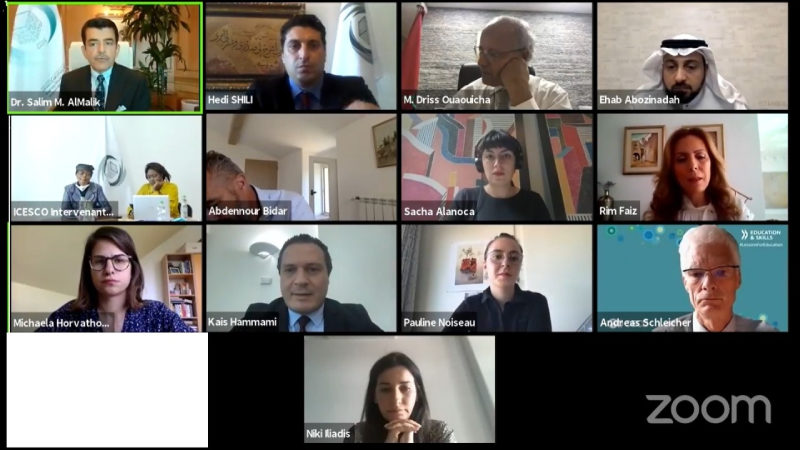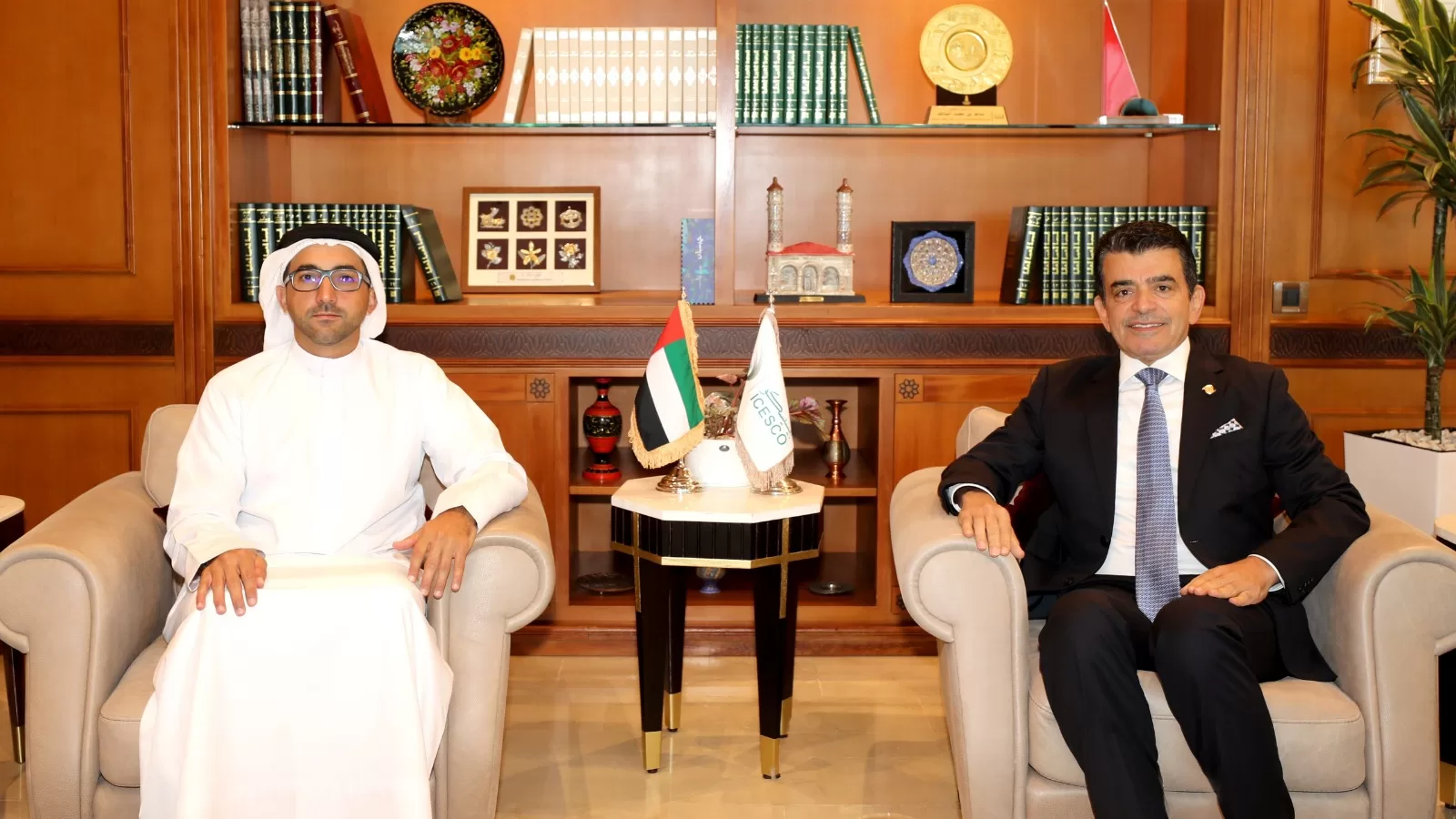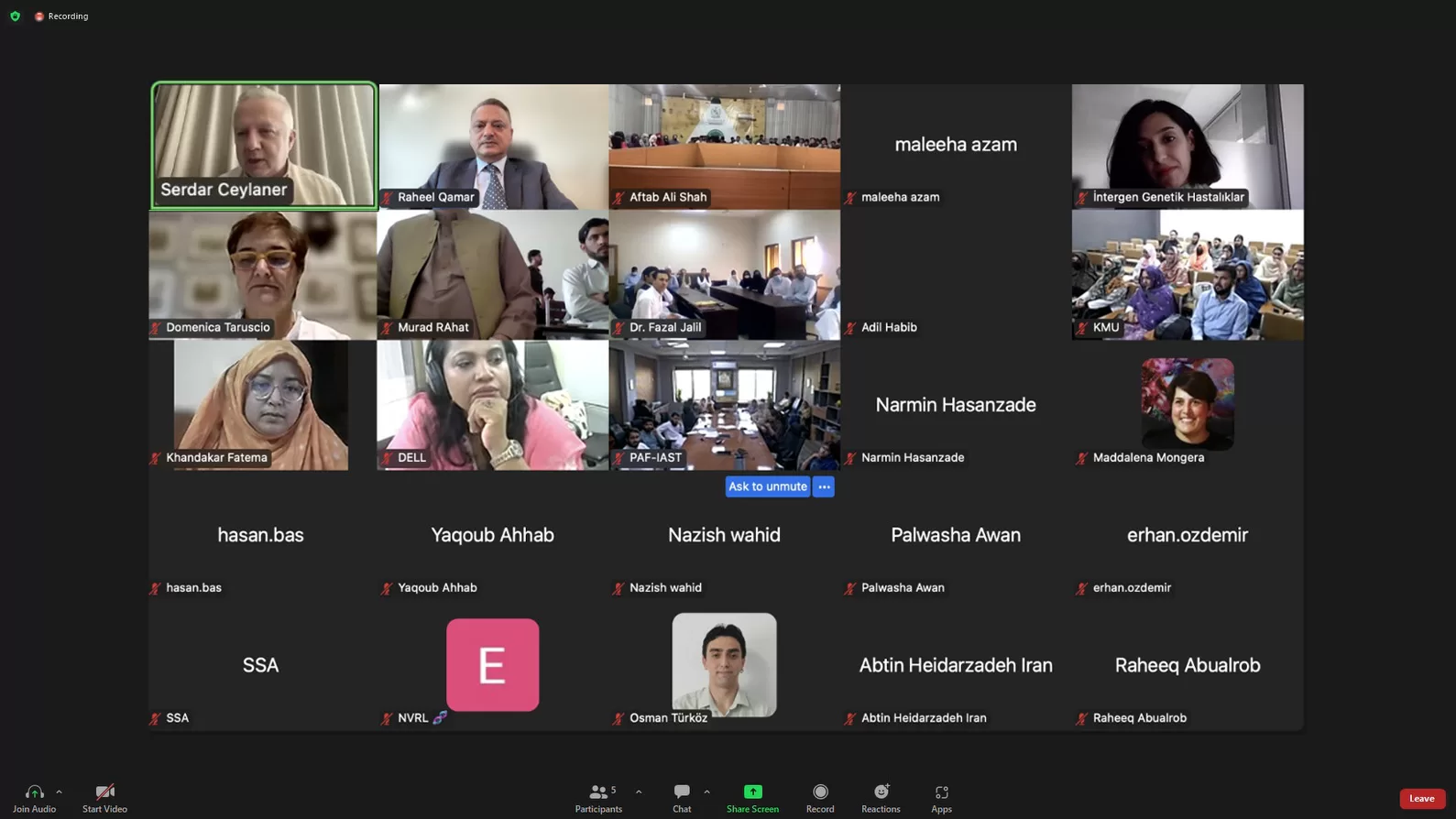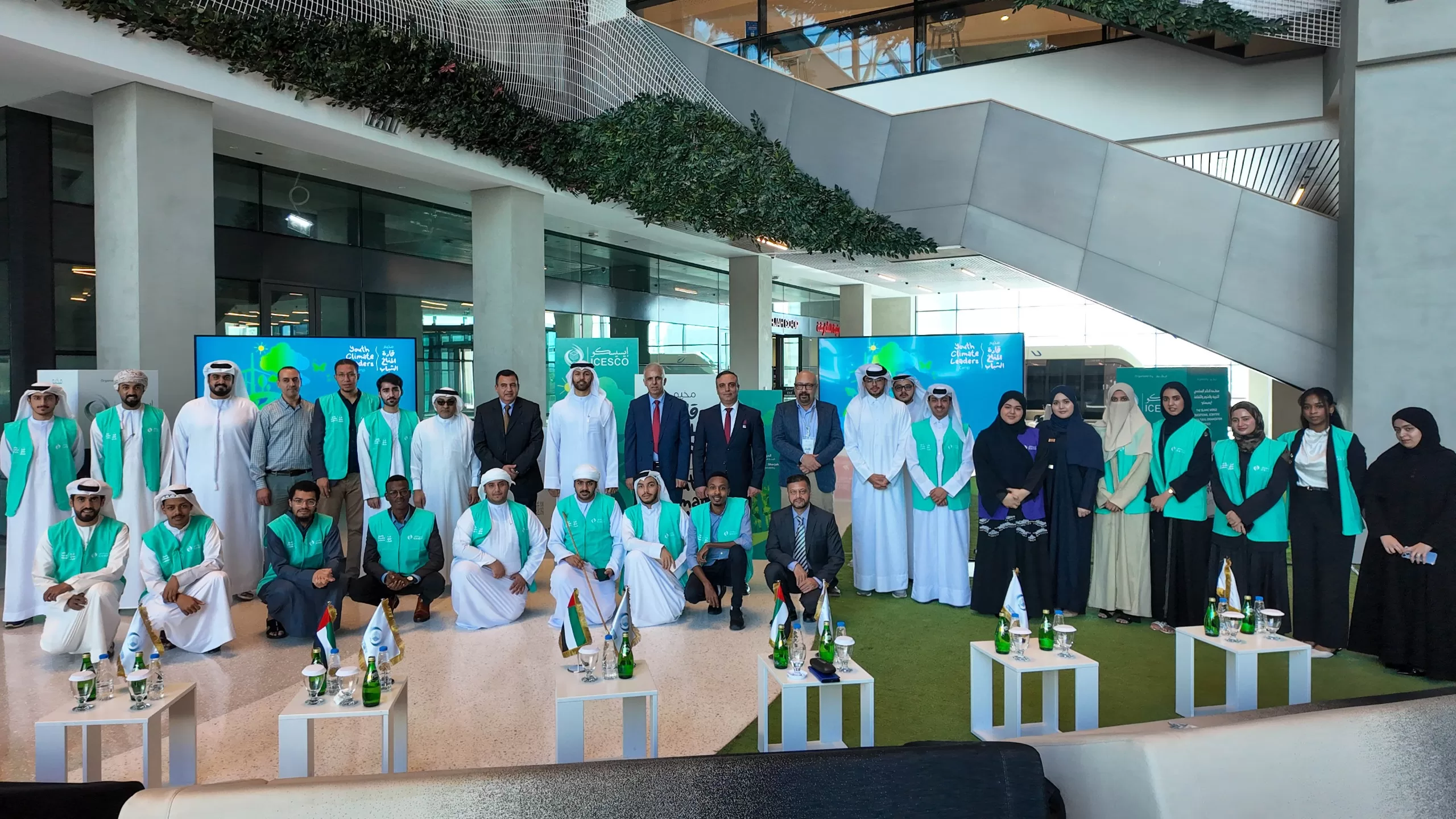
Virtual Meeting at ICESCO: We need a better understanding of AI potentials and cooperation to address AI dependence

19 June 2020
The future challenges and prospects of benefitting from the remarkable possibilities of AI applications in developing the educational process was the subject of the webinar “Artificial Intelligence and Education: Best Practices and Policy Recommendations.” The webinar was held yesterday by the Islamic World Educational, Scientific and Cultural Organization (ICESCO), in cooperation with King Abdulaziz University and the AI Civic Forum; and brought together a host of prominent experts in education, AI and strategic foresight.
The webinar was opened by Dr. Salim M. AlMalik, ICESCO Director General, who welcomed the participants, underlining the significance of the themes to be discussed.
The first statement was by Dr. Driss Ouaouicha, Minister Delegate in charge of Higher Education and Scientific Research in the Kingdom of Morocco, who stated that AI has proved its presence in any fields and showed a great impact on the economy. He added that currently, there are more than 40,000 articles on AI, a number expected to continuously rise, underscoring that AI can improve the quality of education as it facilitates its procedures; enables students to acquire the skills of autonomous learning; identifies challenges as well as ways to address them; and exposes fraud and copyright infringements attempts.
In his statement, Mr. Andreas Schleicher, Director of the Directorate of Education and Skills at the Organization for Economic and Cooperation Development (OECD), stated that the COVID-19 pandemic had been an opportunity for AI technology to prove its importance. He further explained that it had been widely used, especially in the field of distance education, as it can render educational systems more effective, arguing that the world is ready today to adopt automation, given the widespread use of smartphones, which have become indispensable.
For his part, Dr. Salim M. AlMalik, ICESCO Director General, stated in his address that at the peak of the COVID-19 spread, more than 90% of students across the globe were impacted, as this pandemic exposed the myriad of problems faced by the educational systems, most notably the weak educational policies, the dominance of face-to-face education, and the unpreparedness of most countries to provide distance education, given the lack of curricula digitization, reaffirming that integrating AI applications in education is an opportunity for overcoming major educational challenges.
Afterward, Dr. Kais Hammami, Director of the Centre for Strategic Foresight at ICESCO, stated that the webinar aims to change outlook; find a common ground on the relation between AI and education; and put forward recommendations on the policies that can be drafted and shared to regulate the sustainable educational and digital shift in ICESCO Member States.
In addition, Ms. Sacha Alanoca, Senior AI Policy Researcher at The Future Society, reaffirmed the significance of the webinar’s themes as well as the discussion taking place about them. At the same time, Ms. Pauline Noiseau, Coordinator at Algora Lab, noted the fields of expertise of participants augurs well with the webinar’s themes.
Moreover, Ms. Michaela Horvathova, International Education Policy Expert, discussed the topic of AI in education and education for AI.
The presentations carried on with Mr. Ehab Abozinadah, Professor of Smart Cyber Security, Vice Dean of Deanship of e-learning for Development at King Abdulaziz University, who discussed the aspects of the growing role of AI, stressing the need to promote scientific research to develop screening and misinformation mechanisms.
Regarding the dangers relating to the AI use, Mr. Mohamed Hedi Shili, Director of Legal Affairs at ICESCO, highlighted the need to build legal systems and reach new international agreements that keep up with the technological mutations that have erased geographic borders and created a different relation between the human and the machine.
Another ICESCO official to address the panel was Dr. Barry Koumbou, Director of the Sector of Education at ICESCO. Dr. Koumbou talked about the potential of AI in improving the quality of education and literacy programmes, underlining the need to exchange best practices in the field of education between countries with extensive expertise in this field and other countries, and the importance of South-South cooperation.
Concerning AI misconceptions among many people, Ms. Ramata Almamy Mbaye, Director of Social and Human Sciences Sector at ICESCO, stated that there is a dire need to revisit the AI myth that makes many people view AI as witchcraft and a threat to the human race, at a time when AI can benefit mankind in its quest to discover and develop itself.
John A. Sweeney, award-winning futurist, designer, and author, talked about the future of AI and the need for everyone’s participation in addressing the disadvantages of its application, including misinformation.
The live broadcast of the webinar on ICESCO’s Facebook page saw a large number of views. The full video of the webinar can be accessed at the following link:
https://www.facebook.com/ICESCO.Ar/videos/321090965570471/?v=321090965570471



